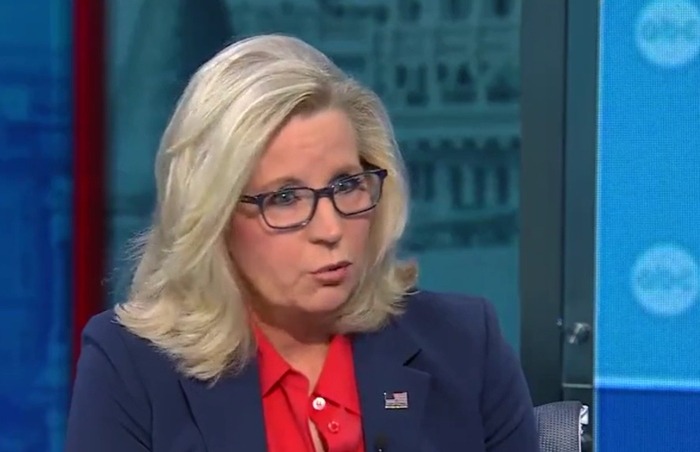A recent poll from Data for Progress, conducted in the critical battleground states of Pennsylvania and Michigan, indicates that Vice President Kamala Harris’s decision to campaign alongside former GOP Congresswoman Liz Cheney just days before the election may have dampened enthusiasm among key voters. In short, Cheney’s involvement appears to have negatively impacted Harris’s campaign in both states.
The analysis reveals that the economy and inflation were the two most critical issues for voters in both Pennsylvania and Michigan. These concerns played a decisive role in influencing voter preferences and ultimately shaped their choices at the ballot box. The pollster wrote:
Voters believed Donald Trump would address this core issue of the economy more than Harris. Voters also heard more from Trump on economic issues than they did from Harris, and considered Trump to be the “change candidate.” However, Trump’s own voters expect him to increase taxes on billionaires and big corporations, expand Medicare, and address kitchen table issues like corporate grocery price gouging and “junk fees.” Together, these findings provide clarity about Harris’ campaign decisions — and Trump’s mandates moving forward.
Both polls asked voters how their enthusiasm for Vice President Harris was affected by her decision to campaign with Liz Cheney. Another question focused on the campaign’s emphasis on populist economic messaging. The results indicate that Harris’s choice to align with Cheney diverted attention from addressing the economic concerns most important to the American people.
“Our polling finds that Pennsylvania Independents were 18 points more enthusiastic to vote for Harris when campaigning on economic issues, and 7 points less enthusiastic to vote for Harris when campaigning with Cheney, – a swing of 25 points. In Michigan, Independents were 11 points more enthusiastic to vote for Harris when campaigning on economic issues and 7 points less enthusiastic when campaigning with Cheney — a swing of 18 points. In both states, 70% of voters said Harris campaigning with Cheney either had no impact on their enthusiasm or made them less enthusiastic,” the report went on to say.
Emphasizing economic issues increased enthusiasm among liberal voters by 25 points in Pennsylvania and 20 points in Michigan. “By wide margins, Pennsylvania and Michigan Independents and Republicans — the audience Harris was looking to win over — said the economy was their top issue when voting. This finding emphasizes why diverting resources to campaigning with Cheney in the final days, instead of doubling down on Harris’ messaging regarding popular economic issues, may have decreased enthusiasm for Harris among key voters,” the analysis revealed.
The final conclusions of the analysis stated, “Overall, these findings underscore how central the economy and the economic pain of the past few years were in shaping voter decisions in Pennsylvania and Michigan. While Harris ran on a popular economic agenda, she was ultimately unable to convince voters that she, not Trump, would usher in the changes they wanted to see, lower prices, and challenge bad actors and special interests. However, most voters supported the policies Harris was running on, Trump voters included. Looking ahead, this polling has identified areas of overwhelming support for progressive, populist economic policies, suggesting that executing these policies should be a priority for the incoming administration.”



